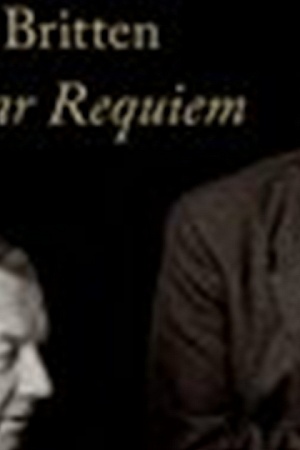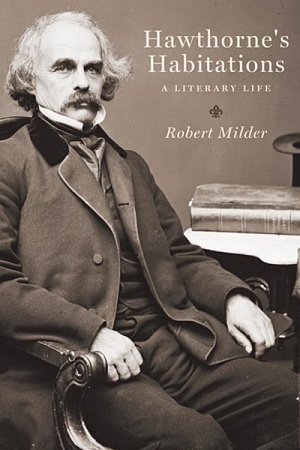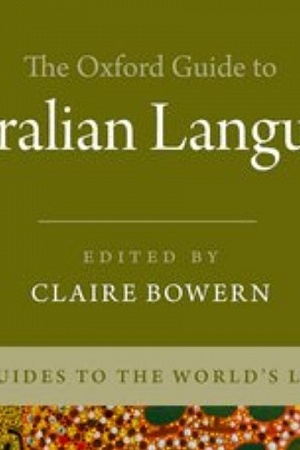Academic Freedom
Oxford University Press, $102.99 hb, 222 pp, 9780198791508
Academic Freedom edited by Jennifer Lackey
The left has an appalling habit of handing over its best ideas to the right. A non-exhaustive list might include: the ideal of common citizenship, anti-tribalism, belief in artistic quality, ribald humour, irony, working-class solidarity, the existence of disinterested truth. Free speech – the rallying cries of radical Berkeley students in the 1960s – is now typically a right-wing cause, deployed in the defence of bargain-basement provocateurs and social-media demagogues. Libertarian leftists who defend freedom of speech in principle, such as Noam Chomsky, seem ever closer to extinction.
Universities have become a target for the right. Conservative pundits deride them as epicentres for politically correct groupthink, where excitable millennials are indoctrinated in identity politics and victimhood. A whole lexicon has emerged: generation snowflake, safe spaces, trigger warnings, no-platforming, micro-aggressions, cancel culture, cultural appropriation. Viral YouTube clips of screaming students from Yale and Evergreen College have reinforced the impression of a campus shorn of civility and liberal tolerance. Though university leaders in Australia have been quick to take a ‘nothing to see here’ line, the issue has nonetheless crept relentlessly up the political agenda in this country too, with government inquiries and reports on the state of free speech in universities.
It is into this arena that Academic Freedom strides. Oxford University Press might have used the catchphrase, ‘Too much heat? We bring light!’ for the Engaging Philosophy series in which this essay collection partakes (they can have that for free). This series laudably aims to bring cool philosophical treatment to controversial issues, cutting through the bluster and fug of the culture wars. The eleven essays in this volume bring much needed rigour and depth of analysis from leading philosophers, including the likes of the Irish political theorist (and occasional denizen of ANU) Philip Pettit and star philosopher and legal theorist Martha Nussbaum. The volume is divided into five sections investigating the rationale for academic freedom, its parameters, new challenges such as micro-aggressions and political correctness, and a final section on protests and no-platforming.
Continue reading for only $10 per month. Subscribe and gain full access to Australian Book Review. Already a subscriber? Sign in. If you need assistance, feel free to contact us.















Leave a comment
If you are an ABR subscriber, you will need to sign in to post a comment.
If you have forgotten your sign in details, or if you receive an error message when trying to submit your comment, please email your comment (and the name of the article to which it relates) to ABR Comments. We will review your comment and, subject to approval, we will post it under your name.
Please note that all comments must be approved by ABR and comply with our Terms & Conditions.